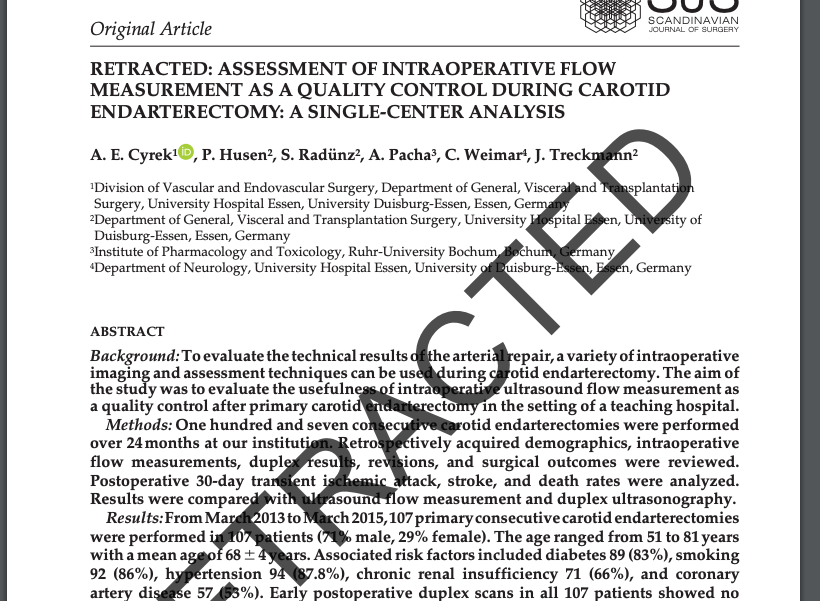
A cancer researcher once involved in a federal research integrity probe has repeatedly been denied funding and other sources of income, according to his attorney, who blamed our coverage of the case for the scientist’s continuing woes and asked us to remove a post.
[Please see an update on this post.]
Our coverage of the work of Sam W. Lee goes back to 2013. But it was our reporting in April 2019 that Lee — once a member of the Harvard faculty — was the subject of an investigation by the U.S. Office of Research Integrity that was the subject of the attorney’s letter. ORI has yet to announce a conclusion in its inquiry, which appears to have reached a finding before we posted on the matter. He has at least five retractions — including two that appeared after April 2019 — and two expressions of concern.
One of those expressions of concern was for a 2000 paper in Molecular and Cellular Biology titled “Overexpression of Kinase-Associated Phosphatase (KAP) in Breast and Prostate Cancer and Inhibition of the Transformed Phenotype by Antisense KAP Expression.”
The disposition of that article, published by the American Society for Microbiology, like the ORI inquiry, remains unclear.
In a letter dated August 12, attorney Steven Seinberg, who is based in Los Angeles, claimed that since our April 2019 post, Lee has struggled both personally and professionally:
Continue reading Attorney asks Retraction Watch to remove post because client has lost out on opportunities







